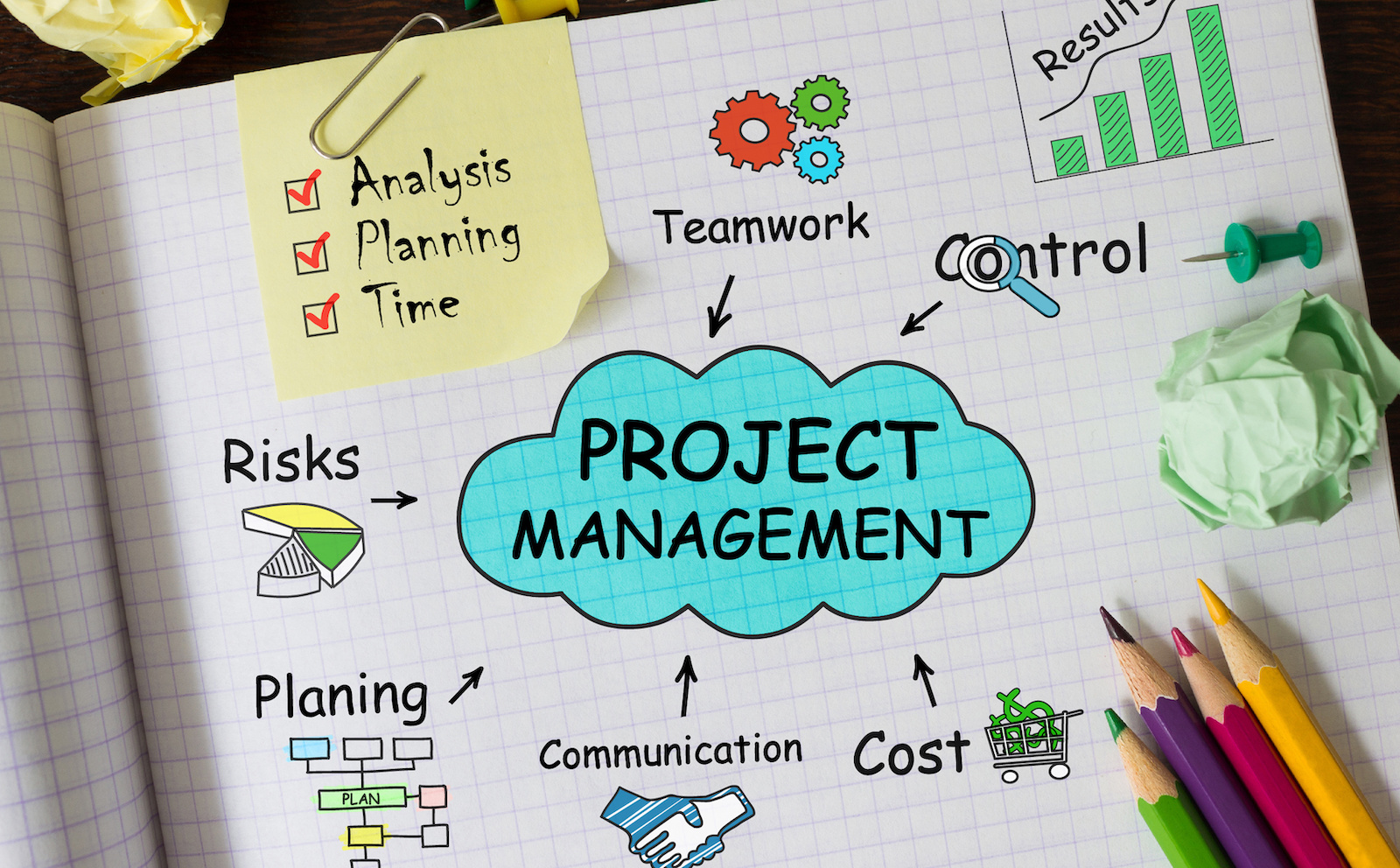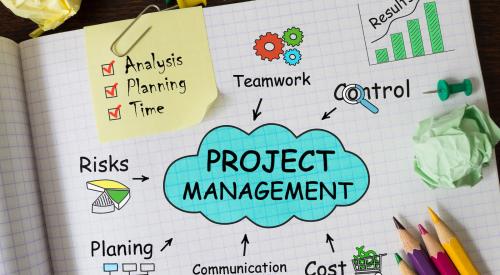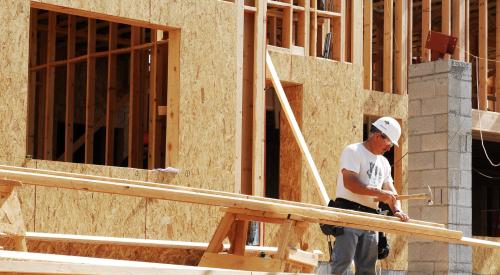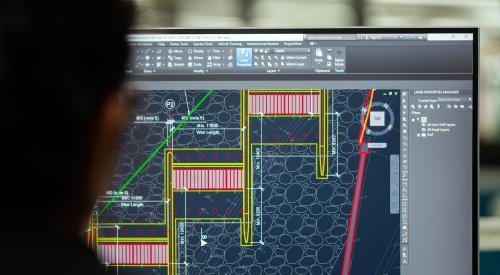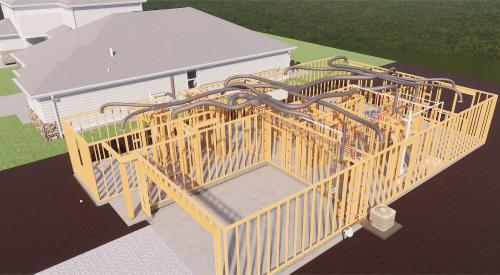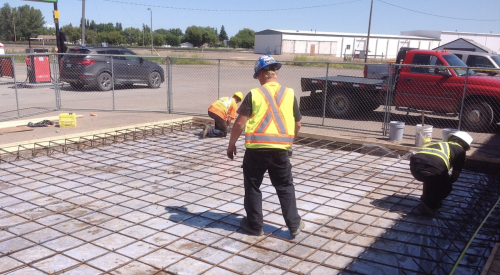The successful completion of a task is accomplished through effective construction project management. Contractors have to deliver a quality project within budget and on time while keeping the revolving door of subcontractors happy.
That’s no easy feat. For construction contractors, attaining those accomplishments requires planning, detailed monitoring of project progress, clear communication, and collaboration with all team members and stakeholders. Effective project management for construction requires streamlining workflows and working smarter not harder. Follow these steps to upgrade your project management practices:
1. Set Up for Success
You can set up your construction business for success by embracing technology and automating workflows. Establish good communication early on so you can track project progress and maintain visibility on key operations. Maintain the controlled evolution of the project by performing an evaluation at each stage. By setting trackable and measurable success criteria, you can mitigate and resolve issues before they arise. Construction technology will enable you to put a clear plan of operation in place, which will ensure you succeed.
2. Improve Your Planning
When it comes to upgrading your project management practices, construction contractors must be prepared to play the pivotal role of planner. You need to find and groom the right talent to align skills and personalities with appropriate project requirements. Each construction team member should be clear about the tasks and what they are expected to showcase at the time of completion. Strategic and detailed planning is the most critical part that is interlinked with the success of the project. For this, you need to establish project milestones and define goals to provide a step-by-step road map for your team and have a safety plan in place.
3. Effective Communication
Construction contractors must pay heed to improved communication among team members as it is vital to the successful completion of any construction project. Make sure contract documents such as specifications, drawings, progress reports, and requests for information (RFIs) receive proper authorization. By upgrading your communication channel you will ensure that information is getting to the right people in a timely manner. This will help you tackle the challenges facing your project.
4. Improved Collaboration
The collaborative process ensures that risks are allocated to the parties best equipped to deal with them in the first place. Collaboration is a by-product of good communication and keeping every stakeholder on the same page. By trusting all parties and valuing their inputs, construction teams can reap significant benefits and you can build resilient teams that have a solid game plan and work together successfully to complete projects.
5. Have a Robust Document Tracking System
Technology plays a vital role in facilitating stronger collaboration and improving communication among construction players. Use it to keep track of all documents and to check whether documents are consistently updated. For planning ahead, documentation and tracking remain important project management practices. This ensures that audit trails are clearly defined and there are no project delays or legal issues.
Upgrade your current project management practices to ensure you have a clear picture of job costs, job progress, and construction issues that demand your attention. By adopting the above practices and using technology that includes capable project management features, you can get ready to scale for today, tomorrow, and beyond.
